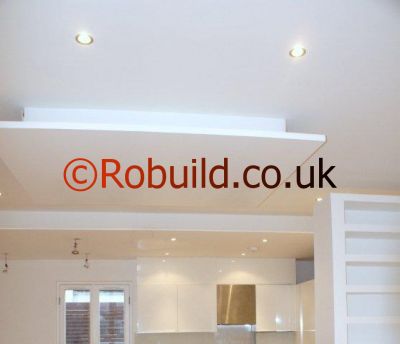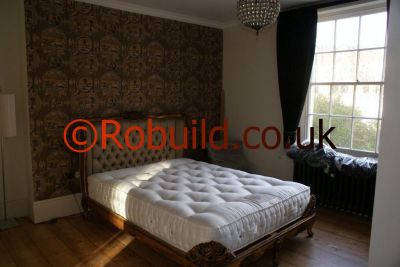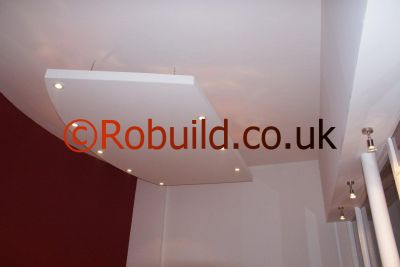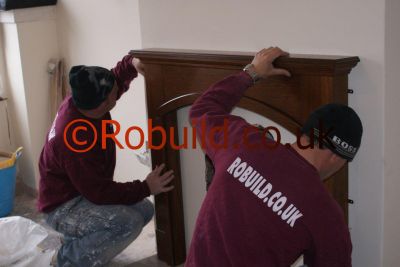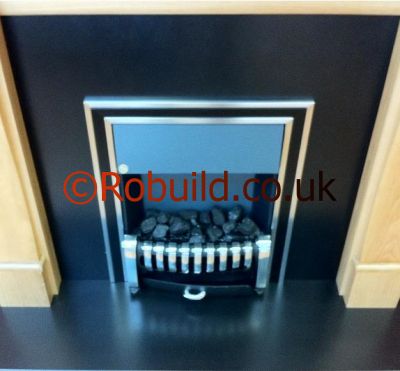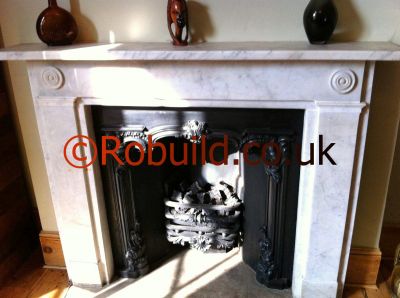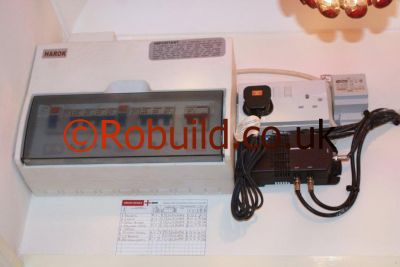London Electricians in London
Our electricians are fully qualified, 17th Edition, Part P approved, NICEIC. Full rewiring, wiring, lights,sockets, Fuse Box – Consumer Units, Electrical Safety Certificates, Maintenance and all types of electrical work for Domestic and Commercial Properties.

Our undertake a wide variety of electrical installation work including:
Storage and panel heaters
House Rewiring
Flat Rewiring
Smoke alarms
Fire alarms
Extra sockets/lighting
Cooker circuits
Security lighting
Data cables
Garden lighting
Consumer unit (fuse board) upgrades
Electrical Showers
We cover most of London area :
Central London: (wc1, wc2, ec1, ec2, ec3, ec4)
Barbican, Clerkenwell, Monument, Shoreditch, West End, Gray’s Inn, Bloomsbury, Holborn, Soho, Moorgate, St Paul’s Cray, Tower Hill, St. Paul’s, Covent Garden, St Mary’s Cray, Belgravia, Building Company Central London, Home renovations Central London, Building Company Central London, Home Extensions Central London
North London: (n1, n2, n3, n4, n5, n6, n7, n8, n9, n10, n11, n12, n13, n14, n15, n16, n17, n18, n19, n20, n21, n22)
East Barnet, Archway, Finsbury, Alexandra Palace, Fortis Green, Barnet, Kentish Town, Canonbury, Crouch End, East Finchley, Enfield Park, Cockfosters, Enfield, Finsbury Park, Friern Barnet, Epping Forest, Hampstead Garden Suburb, Finchley Central, Islington, Barnsbury, Highbury, Highgate, Hornsey, Lower Edmonton, Tufnell Park, Manor House, New Southgate, Holloway, North Finchley, Hendon, Palmers Green, Pinner Green, Pinner, Ponders End, Muswell Hill, Potters Bar, Woodside Park, Seven Sisters, Winchmore Hill, Southgate, Totteridge, Upper Edmonton, Whetstone, Tottenham, Woodford Green, New Barnet, Stoke Newington,
West London: (w1, w2, w3, w4, w5, w6, w7, w8, w9, w10, w11, w12, w13, w14)
Isleworth, Acton, Eastcote, Bayswater, Charlton, Brook Green, Chiswick, Ealing, Uxbridge, Greenford, Hanger Lane, Hanwell, Hammersmith, Holland Park, Kensington, Elsham, Notting Hill, East Molesley, Ladbroke Grove, Marylebone, Mayfair, North Kensington, Warwick Avenue, Osterley, Paddington, Perivale, Shepherd’s Bush, Strand,Addlestone, West Brompton, Kensal Green, Queens Park, West Ealing,
Southwest London: (sw1, sw2, sw3, sw4, sw5, sw6, sw7, sw8, sw9, sw10, sw11, sw12, sw13, sw14, sw15, sw16, sw17, sw18, sw19, sw20)
Twickenham, Balham, Barnes, Beddington Corner, Earl’s Court, Epsom Downs, Beddington, Parson’s Green, Battersea, Ewell, Chelsea, Chertsey, East Sheen, Stockwell, Kew, Clapham Junction, Earlsfield, Brixton, Raynes Park, Streatham, Castelnau, Fulham, Mitcham, Morden, Kew Gardens, Tulse Hill, Kingston-upon-Thames, Merton, Mortlake, Putney, Kingston, Nine Elms, Wandsworth, Epsom, Esher, West Kensington, Teddington, Wimbledon, Claygate, Richmond, Southfields, Hook, South Wimbledon, Tooting, World’s End, Chessington, Streatham Hill, Weston Green, South Kensington, South Lambeth, Westminster, Woodmansterne, Pimlico, Clapham, Brompton, Carshalton, Brentford, Worcester Park
Northwest London: (nw1, nw2, nw3, nw4, nw5, nw6, nw7, nw8, nw9, nw10, nw11, nw12, nw13, nw14, nw15)
Neasden, Brent Cross, West Hampstead, Wembley, Camden Town, Northolt, Hampstead,Kilburn, Havering, Golders Green, Harrow, Temple Fortune, Cricklewood, Kingsbury, St John’s Wood, Greenhill, Harlesden, Colindale, Maida Vale, Mill Hill, Regent’s Park, Hampstead Heath, Harrow on the hill, Willesden, Sudbury, Swiss Cottage,
East London: (e1, e2, e3, e4, e5, e6, e7, e8, e9, e10, e11, e12, e13, e14, e15, e16, e17, e18)
Homerton, Aldgate, Bethnal Green, Forest Gate, Highams Park, Bow, Chigwell, Bexley, Canning Town, Clapton, Dalston, Bromley-by-Bow, Hackney, Buckhurst Hill, Grange Hill, South Woodford, Millwall, Isle of Dogs, West Ham, Whitechapel, Leyton, Stratford, East End, Upper Wandsworth, Bromley, Leytonstone, Barking, Becontree, North Woolwich, Stamford Hill, East Ham, Hainault, Manor Park, Plaistow, Redbridge, Dagenham, Chingford, Stepney,Walthamstow, Woodford Green, Poplar, Woodford, Upton Park,
Southeast London: (se1, se2, se3, se4, se5, se6, se7, se8, se9, se10, se11, se12, se13, se14, se15, se16, se17, se18, se19, se20, se21, se22, se23, se24, se25, se26, se27, se28)
Greenwich, Grove Park, Bellingham, Addington, Anerley, Blackheath, Chislehurst, Crofton Park, Cross, Deptford, Eltham, Lee, Lewisham, New Cross Gate, Dulwich, Elephant & Castle, Eltham Park, Foots Cray, Herne Hill, Crystal Palace, Plumstead, East Dulwich, Forest Hill, Hither Green, Sydenham, Walworth, Abbey Wood, Waterloo, Lambeth, Peckham, West Norwood, Beckenham, Rotherhithe, Penge, New Cross, Croydon, Shirley, North Woolwich, Sidcup, Honor Oak Park, Charlton, Upper Norwood, Southwark, Nunhead, Borough, Brockley, Camberwell, Catford, Westcombe Park, East Croydon, South Bermondsey
London Electricians
